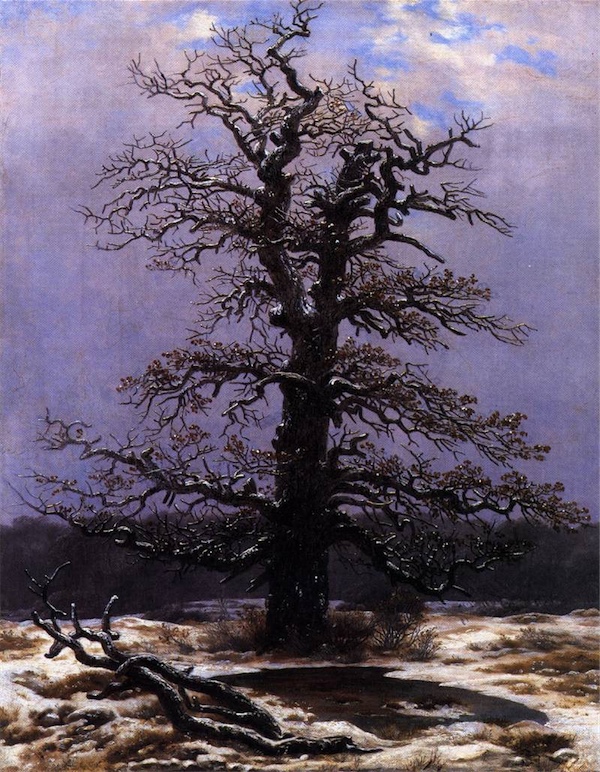
Verhaßt ist mir das Folgen und das Führen.
Gehorchen? Nein! Und aber nein – Regieren!
Wer sich nicht schrecklich ist, macht niemand Schrecken:
Und nur wer Schrecken macht, kann andre führen.
Verhaßt ist mirs schon, selber mich zu führen!
Ich liebe es, gleich Wald- und Meerestieren,
mich für ein gutes Weilchen zu verlieren,
in holder Irrnis grüblerisch zu hocken,
von ferne her mich endlich heimzulocken,
mich selber zu mir selber – zu verführen.
I detest following, but also leading.
To obey? Never! And just as bad – to govern!
He who wishes not to be terrified, will summon no terror for others:
Yet only he who peddles fear can lead others.
I even detest having to lead myself!
Like the creatures of the forest and the sea, I love
To lose myself for a while
In meek error thoughtfully to cower
Drawn home at length by distant things
Being enticed by myself to my Self.
—Friedrich Nietzsche, Der Einsame (ca. 1882) in Gedichte und Sprüche p. 75 (1908)(S.H. transl.)
Hannah Arendt ends The Origins of Totalitarianism with an extended essay on loneliness and solitude. Why? “Loneliness, the common ground for terror, the essence of totalitarian government, and for ideology or logicality, the preparation of its executioners and victims, is closely connected with uprootedness and superfluousness which have been the curse of modern masses since the beginning of the industrial revolution and have become acute with the rise of imperialism at the end of the last century and the break-down of political institutions and social traditions in our own time.” The essence of the alienation associated with the “crisis of modernity” involves the outsider’s swing between being a lone wolf and dissolving into the masses generated by the totalitarian wannabes of all stripes. Arendt sees the philosophical roots of this dilemma in works of classical antiquity, from Cicero to Seneca, in the writings of Augustine, but most of all in a handful of poems by Friedrich Nietzsche. She cites his short work Sils Maria and the more complex poem Aus hohen Bergen which has quite striking references to Friedrich Hölderlin. But still more important for this point is the poem Der Einsame which puts loneliness or solitude on one hand and the feeling of “belonging” in a still more starkly political context.
This remarkable but little known poem was composed into an elegant song by Frederick Delius in 1898, unfortunately not available yet in an Internet-accessible form. Listen to Richard Strauss’s Ein Heldenleben, op. 40 in a performance by the Berlin Philharmonic under the baton of Simon Rattle:


